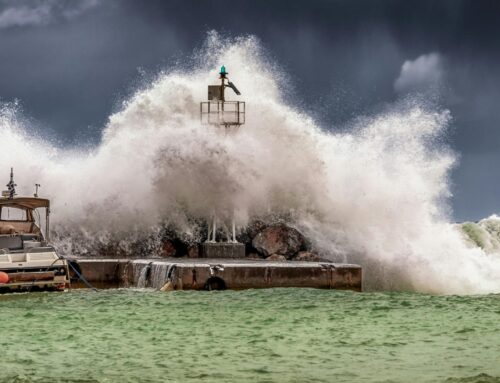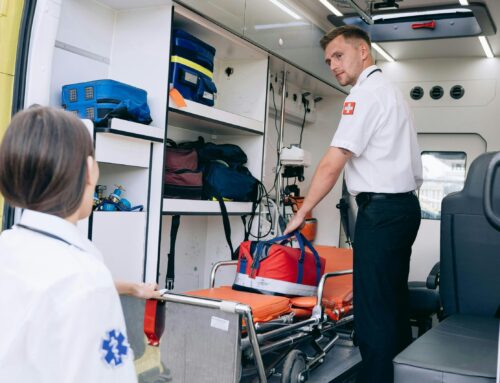Industries That Require Cold Chain Logistics
Medical and pharmaceutical and food, oh my! Dare we say there are many industries that require some type of regulated cold chain transportation and logistics? We believe that to be a fair statement, especially as our world evolves making it easier than ever for us to live far apart. Remote work, the internet of things and more have made it possible for us to live where we want and still have access to all the products, healthcare, medicine, food and more that we need.
To keep this convenience and enable it to grow, both the supply chain and cold chain must step up. It may not dawn on us, when we pull out the frozen chicken or get a lab test, but products in these industries have extreme temperature sensitivity and require cold chain transportation.
Food and Beverage
Temperature regulation is necessary to keep products like frozen meats, fruits, vegetables, and dairy fresh and safe from spoilage during transit. Not only do these products need a temperature-controlled environment on their road to delivery, but also when they arrive, as sometimes deliveries are not immediately moved into a refrigerator or freezer.
Medical and Pharmaceutical
Blood, specimens, vaccines, transplant organs/allografts, biologics, oncology treatments, insulin and other medicines all require precise temperatures to maintain their integrity. A common temperature for cold chain products is between 2 to 8 degrees Celsius, while frozen products must be kept below minus 10 degrees Celsius, and even colder for the COVID-19 vaccines. However, these temperatures must be precise, because if they are too cold, it can kill the potency of the vaccine.
Law Enforcement
Transporting biological evidence, such as DNA, can be a challenge. These types of evidence must often be kept for decades, so it’s essential to establish and maintain proper preservation conditions to preserve the integrity of evidence over time, especially when transporting.
Military
The U.S. military must control the temperature of its medical supplies, as they never know when duty calls and they will need them to save a life. Blood banks are also essential and in an emergency can be transported by helicopters to the scenes of trauma for both the United States military and civilian trauma.
Learn more about cold chain solutions to refrigerated and frozen transportation and storage for all industries.



